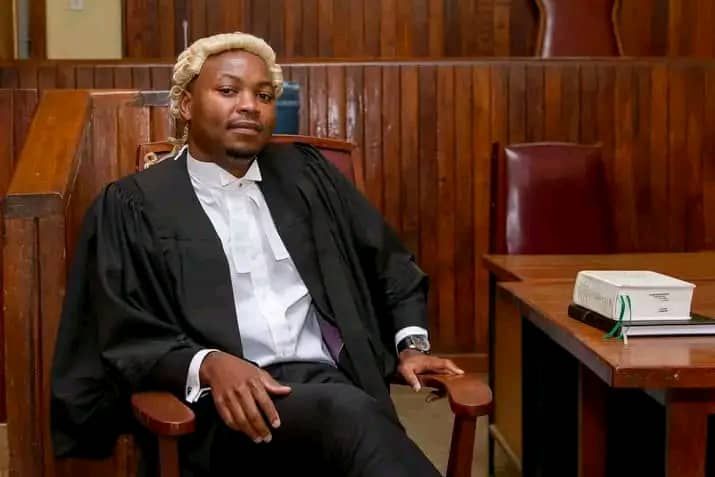By Burnett Munthali
Khumbo Soko, one of Malawi’s leading lawyers, has called on President Lazarus Chakwera to prioritize safeguarding and promoting freedom of expression in the country. Soko, a respected figure in Malawi’s legal community, emphasized that a robust democracy is built on the foundation of free speech, which empowers citizens, the media, and civil society to hold the government accountable and foster transparency.
During an interview, Soko expressed concerns over recent developments that he perceives as threatening the right to free expression. He highlighted instances where the government had either indirectly or directly restricted the activities of independent journalists and civil society organizations. “Freedom of expression is not just a constitutional right but a cornerstone of democracy. Without it, the very fabric of our democratic processes is weakened,” Soko said, adding that it is the duty of the government to not only respect but actively protect this right

Soko called for Chakwera’s administration to adopt policies that will enhance media freedom and ensure that journalists can operate without fear of retaliation. He urged the government to support rather than hinder the work of independent media, as they serve as a vital check on power. “The media’s role is to inform the public and scrutinize the actions of those in power. Limiting this role ultimately harms the citizens’ ability to make informed decisions,” Soko remarked.
In addition to his calls for action on freedom of expression, Soko also took the opportunity to commend former President Peter Mutharika for his contributions to Malawi’s democracy. Despite their political differences, Soko praised Mutharika for fostering an environment where political opposition and differing views could be expressed openly. He noted that Mutharika’s tenure, though not without controversy, witnessed a relative freedom for the media and civil society in comparison to some of the more restrictive periods in Malawi’s history.
“Mutharika, despite his own challenges, understood the importance of allowing open debate and dissent in a democracy,” Soko stated. “It is critical that we build on the positive aspects of his legacy, particularly the space for freedom of expression, as we continue to strengthen our democratic institutions.”
Soko’s remarks come at a time when Malawi’s democratic landscape faces several challenges. With upcoming elections in 2025, he stressed that maintaining and enhancing freedom of expression will be crucial for ensuring a fair and transparent process. “The upcoming elections must be free, fair, and transparent, and this can only be achieved if the media, civil society, and the public have the ability to freely discuss, critique, and debate the issues at hand,” Soko concluded.
As Malawi continues to evolve as a democracy, the role of leaders like Chakwera and Mutharika will be crucial in shaping the future of the nation’s democratic institutions. Soko’s call for protection of freedom of expression serves as a timely reminder that true democracy is only possible when the voices of all citizens are heard and respected.


